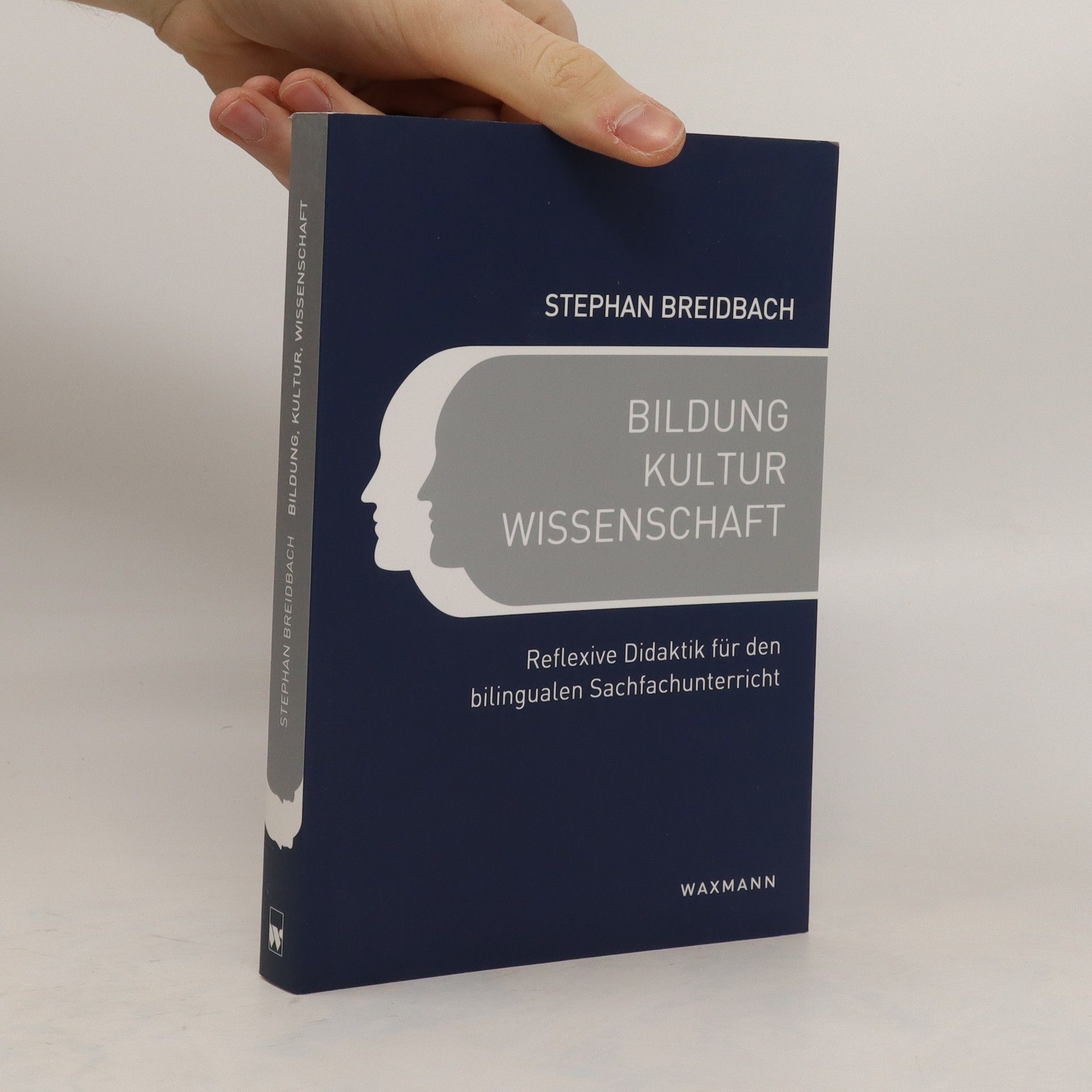Bildung, Kultur, Wissenschaft
Reflexive Didaktik für den bilingualen Sachfachunterricht
Die Ergebnisse internationaler Bildungsforschung haben didaktische Fragen von Schule und Unterricht in den Mittelpunkt des schulpädagogischen Interesses gerückt. Im Kontext großer Schulleistungsstudien tritt das Konzept der Bildung gegenüber einem funktionalen Kompetenzbegriff jedoch in den Hintergrund und fungiert lediglich als summarischer Klammerbegriff. Im Gegensatz dazu ist der Gedanke der Bildung in der Diskussion um eine Didaktik des bilingualen Sachfachunterrichts seit den 1970er Jahren präsent. Diese Studie zielt darauf ab, das Konzept der Bildung für mehrsprachigen Fachunterricht didaktisch zu erschließen. Der Leitgedanke der Didaktik des bilingualen Sachfachunterrichts, der Erwerb mehrkultureller Identität sowie sprachlicher und sachfachlicher Kompetenz, wird unter ideengeschichtlichen Gesichtspunkten rekonstruiert. Im Anschluss wird ein reflexiv-transformatorischer Bildungsbegriff entwickelt, der sich auf die postmoderne Erziehungswissenschaft stützt. Dessen Implikationen für zentrale Begriffe bilingualer Didaktik – Kultur und Wissenschaft – werden auf schulpädagogischer und didaktischer Ebene verfolgt, bis ein allgemeines Modell sprachlicher und fachlicher Bildung formuliert werden kann, das über den bilingualen Sachfachunterricht hinausgeht. Diese Dissertation wurde mit dem Ludger-Schiffler-Preis für Fremdsprachendidaktik 2007 ausgezeichnet.
